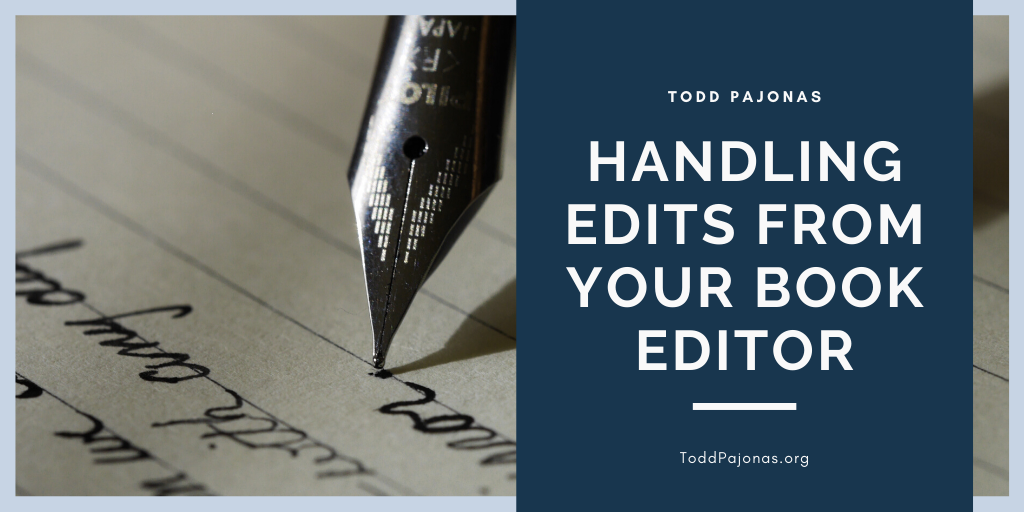It’s a moment that happens to many authors: After years of building on your writing skills, you’re finally ready to launch a book that you feel genuinely proud of. But before your next tome hits the shelves of your local bookstore or takes Amazon by storm, you will probably need to employ the services of a professional editor. In other words, that marathon you’ve been running for the last several years isn’t quite over yet.
What Editors Do
At some point in their careers, most writers will work with an editor to make their work the best that it can be. This kind of relationship can be a great thing: In fact, sometimes partnerships between editors and writers blossom into great friendships; for example, many of Ernest Hemingway’s best novels were shaped by the influence of Scribner Books editor Maxwell Perkins.
An editor’s job involves spotting what a writer hasn’t yet spotted themselves: Using their detached perspective (and hopefully unbiased viewpoint) from a particular work, in other words, most good editors will work with an author to improve the writing in a manuscript as much as possible.
Accepting Criticism
But human beings (and especially writers) usually find criticism a tough pill to swallow. Factor in the months or years that most writers will have already spent on perfecting their manuscript, and an editor’s suggested changes to a manuscript will be about as welcome as a triceratops at a bone china convention.
Fortunately, there are ways for writers to make the editing process tolerable. First, a writer should consider the idea that it is possible to be wrong about specific artistic decisions. Authors are a bit like explorers working their way over an alien terrain, while editors are a bit like people looking over a map.
Why Authors Sometimes Struggle to Edit Their Own Work
Often authors are simply too invested and close to their source material to make unbiased judgments about their own writing. It takes a lot of trust to let go of a creative project, but it is also imperative for excellent writers to relinquish their hold on a manuscript now and again. Ideally, you’ll be working with an editor that merits your trust.
When to Stick to Your Guns
There are also situations in life where an editor assigned to a particular manuscript just isn’t a good fit with the working material. If there is no communication or back-and-forth between you and your editor, it might be a good idea to search for a better situation or request a different professional to help you hone down your book.
Indeed, there is a big difference between getting feedback on a piece of writing and compromising your vision to suit a particular publisher. Discerning the difference can often be a struggle, but there is certainly something to be said about sticking to your guns when you’re confident in your artistic vision.
At the end of the day, change is never easy, and having a manuscript edited involves dealing with a lot of change on an author’s part. However, this is not a time for a writer to become stubborn: Yes, some artistic choices are worth defending.
But the practical side of writing demands that we occasionally put aside our own ego to reach a beneficial compromise with our publishers or with our audience. That’s a difficult thing to come to terms with, but good writers need to learn how to work with their allies in the publishing industry and the general public. Sometimes, artistic growth also involves personal growth.
